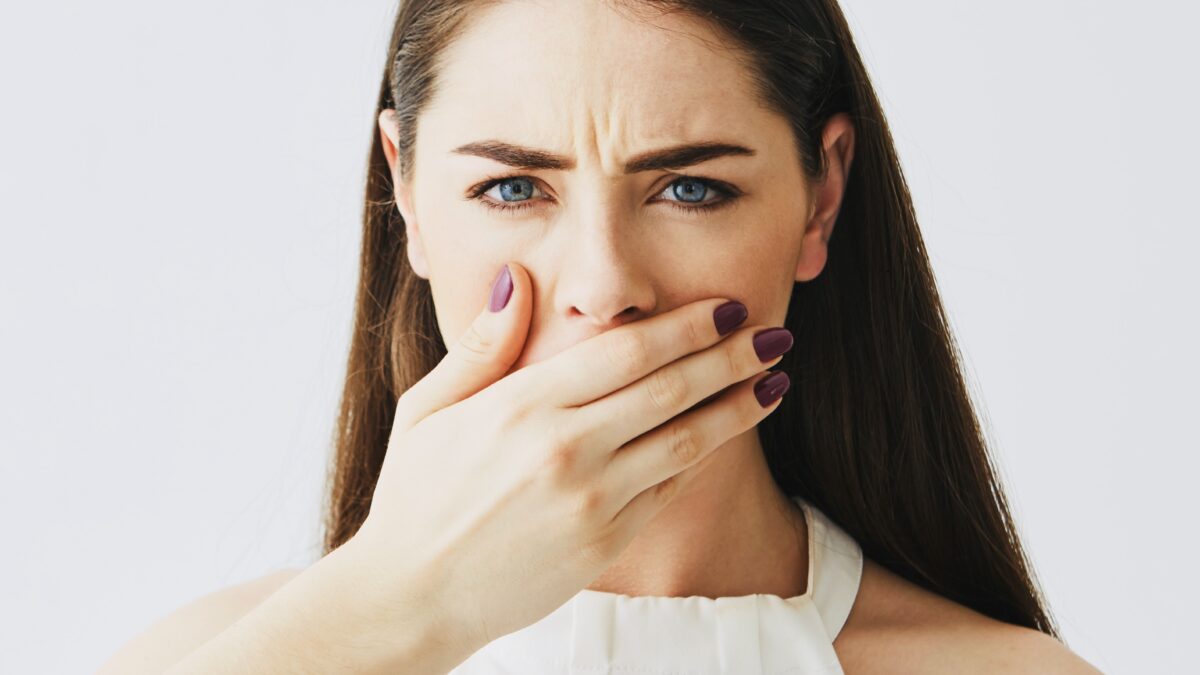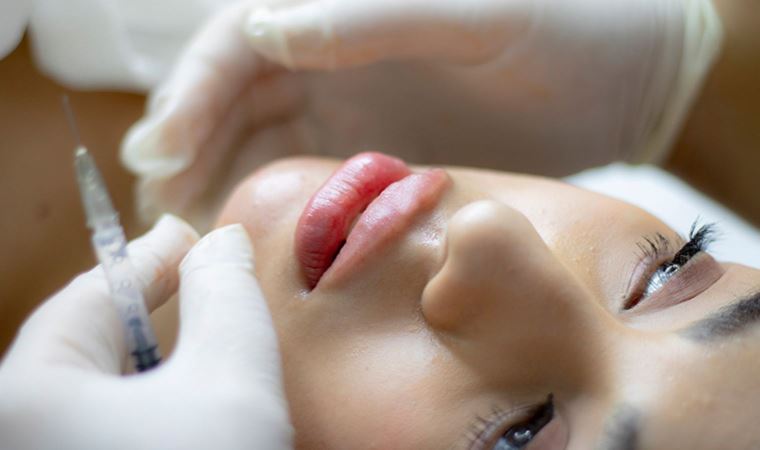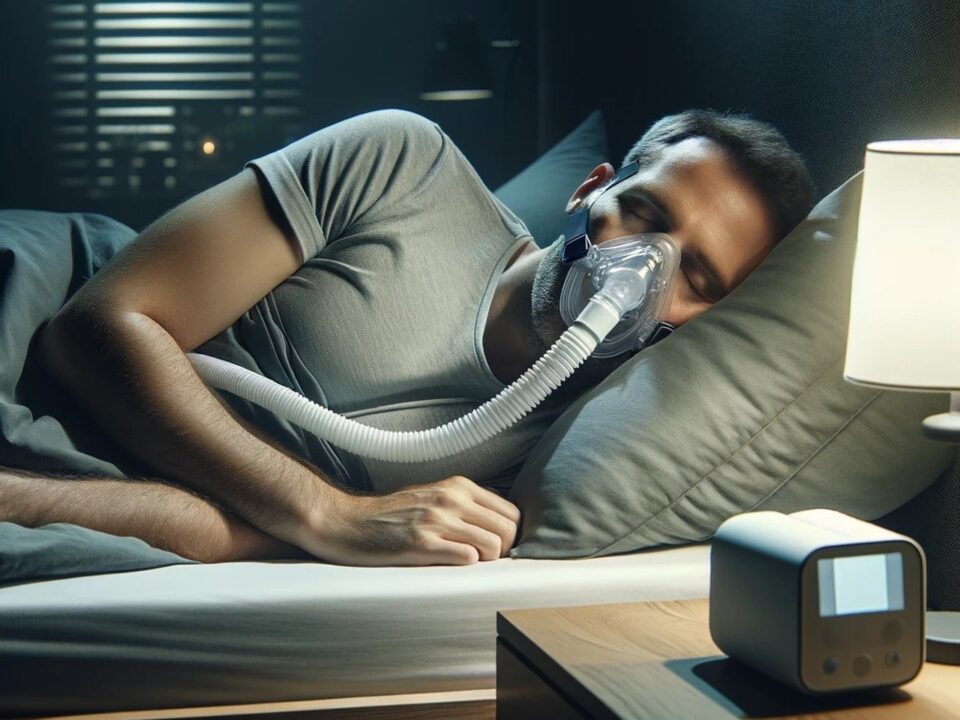Bad Breath
Bad breath, a condition also known as halitosis, is a discomfort that negatively impacts our social life, conveying an unpleasant message to the person we meet for the first time. While it is often an inevitable result of poor oral hygiene, sometimes it persists as an ailment despite our efforts. Many individuals, although realizing their own bad breath and seeking medical help, might live without noticing it due to others around them not perceiving it as something to be embarrassed about and not warning them.
Individuals complaining of bad breath often start to brush their teeth more frequently and pay more attention to oral hygiene. Although bad breath caused by poor oral hygiene related diseases may temporarily subside, definitive results cannot be achieved without eliminating the main cause.
Patients commonly consult a dentist or an Ear, Nose, and Throat (ENT) specialist. Indeed, the most common cause of bad breath is poor oral hygiene, food residues on the teeth, tooth decay, or remnants on the tonsils or in the pockets on the tonsils. Gum inflammations, oral ulcers, salivary gland diseases, and food residues accumulated at the base of the tongue are also common causes of bad breath. However, while the cause of bad breath is often localized in the mouth, it may not always be the case. Some systemic diseases affecting the entire body, such as diabetes, kidney, and liver diseases, can also lead to bad breath.
Food particles accumulating in cavities and areas that cannot be cleaned during tooth brushing lead to decay and produce odor. If a decayed tooth or such accumulation is not detected by the dentist, the tonsils are the first area to be checked. Chronic tonsillitis, residues in the root of the tongue, and deposits in pockets on the tonsils can cause a very unpleasant odor.
Causes of dry mouth can also lead to bad breath. Saliva plays a role in cleaning residual substances in the mouth and preventing the formation of infections. In diseases of the salivary glands, a decrease in saliva secretion leads to an increase in mouth odor. Saliva secretion decreases in older ages. Therefore, it is common for elderly individuals to feel an odor in their mouths. Due to not consuming food for a long time during sleep and a decrease in saliva secretion, a bad breath can be felt when waking up in the morning.
Habits such as smoking and alcohol consumption also affect the formation of bad breath. Especially, smoking not only causes bad breath but also leads to a dark yellow color change and a furry appearance on the tongue, known as a hairy tongue. In these patients, food residues can accumulate in this area, causing a bad odor. In such cases, the odor may not come from the mouth but from the nose and sinuses. In individuals with inflammatory discharge from the back of the nose to the pharynx and mouth, this is perceived as bad breath. Additionally, tumors and inflammations in the nasal cavity and sinuses can also cause bad breath. Even a simple nasal congestion can cause mouth breathing and, consequently, dry mouth, leading to bad breath.
Since the breath we give during respiration comes from the lungs, inflammatory diseases and abscesses related to the lungs can also cause bad breath. We rarely find that digestive system diseases such as gastric ulcers and gastritis can also lead to bad breath.
It is needless to elaborate on the fact that consumed foods can cause an unpleasant smell. We all know this by experiencing it when consuming foods like garlic and onions. The causes of bad breath vary widely, from the medications we use to simple hunger. Your doctor can sometimes diagnose even a significant illness just because of bad breath.
Although not very reliable, you can perform a simple test to understand whether the odor comes from inside the mouth or from another disease. If the odor decreases or disappears when you exhale through your nose, it is highly likely that it does not originate from inside the mouth. However, for a more objective evaluation, someone else should provide feedback on this matter. Gas monitors can also be used to make objective measurements in this regard.
In cases originating from inside the mouth, especially those with causes such as tooth decay or tonsillitis, treatment is usually quite successful. In cases where medication is not sufficient, intervention in the teeth or removal of the tonsils may be necessary. Regardless of the cause, the most important thing is to have good oral hygiene. If the main cause leading to this problem is not taking care of oral health adequately and appropriately, or if the reasons such as smoking are not corrected, encountering the same problems after treatment is inevitable. Especially for individuals with bad breath, brushing not only their teeth but also their tongues will be more effective in eliminating the odor.




